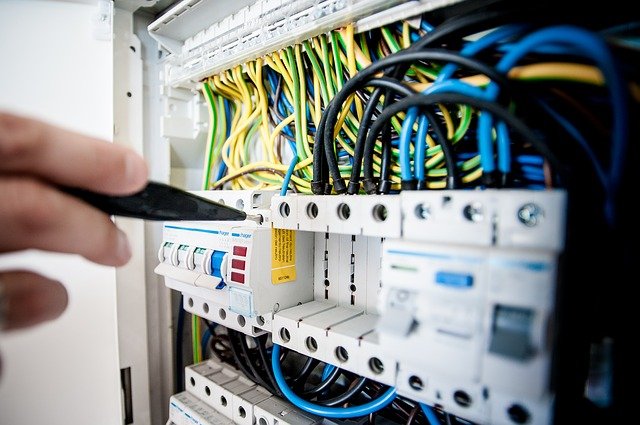Electrical testing is vital in the workplace to ensure the safety of employees and all those who visit operational facilities or work sites. Companies that want to prioritize safety need to follow electrical safety laws and routinely test electrical equipment and systems depending on use and risk levels.
The Importance of Electrical Workplace Laws
Electrical workplace laws establish safety standards applicable to all industries and workplaces. They are designed to protect employees by requiring training, personal protective equipment, proper testing procedures, safe work environments and adequate emergency processes. Many outline maintenance, inspection and testing needs for electrical equipment to prevent electrical hazards and protect those in the workplace.
Safety standards are set by government agencies and independent safety and standards organizations, such as:
- The Occupational Safety and Health Association (OSHA)
- ASTM International
- American National Standards Institute (ANSI)
- National Fire Protection Association (NFPA)
- International Electro-Technical Commission (IEC)
- Institute for Electrical and Electronics Engineers (IEEE)
- National Electric Code (NEC)
- The National Safety Council
- Canadian Standards Association (CSA)
- National Electrical Manufacturers Association (NEMA)
Crucial Electrical Tests for the Workplace
Testing electrical equipment is essential to workplace safety. Tests and inspections ensure equipment and systems operate at peak performance and within safety standards. As companies regularly test their electrical equipment, they can promptly identify and resolve minor issues before they escalate into significant safety risks.
Organizations should conduct electrical equipment tests such as:
- Insulation resistance tests: These tests evaluate insulation integrity. They can help detect deterioration so it can be addressed before accidents or costly repairs occur.
- High-potential (hi-pot) tests: Also known as dielectric withstand voltage testing or flash testing, hi-pot testing applies a high voltage to the equipment or system to see how it withstands the stress. It confirms insulation has the dielectric strength to handle normal voltage and safeguard against electric shock.
- Ground bond test: A ground bond test, or an earth bond test, uses a high current to check for sufficient connection to protect against electrical hazards. The current travels between the ground and metal components on the equipment.
Businesses will also benefit from frequent visual inspections. Looking over the equipment to check for damage or deterioration can help extend the machinery’s life span, ensure employee protection and increase equipment efficiency.
Electrical Testing Differences Across Industries
While businesses across industries are subject to the same government and safety organizational regulations, electrical testing in the workplace occurs differently depending on the industry. A significant difference is testing frequency. How often a company should test electrical equipment will depend on its electrical hazard risk level:
- High: Industries such as construction and building maintenance have high risks of electrical hazards due to harsh environments, heavy equipment use and types of direct electrical work performed. These industries need frequent testing, such as every three months, to ensure workplace safety.
- Moderate: Businesses with a moderate risk level include manufacturers, health care providers and transportation companies. Businesses within these industries work with electrical equipment regularly, so routine testing every six months is essential to ensure employee and customer safety.
- Low: A low-risk company is one where employees have minimal contact with electrical equipment, such as in offices or server rooms. Electrical equipment should be tested every two to five years to keep it safe and operational.
Contact Power Products & Solutions for Electrical Testing Services
Power Products & Solutions has NETA-certified technicians to perform acceptance and maintenance testing on your electrical equipment and systems. When you partner with our expert team, you can improve workplace environment safety. Learn more about our capabilities and certifications by contacting us online today!


